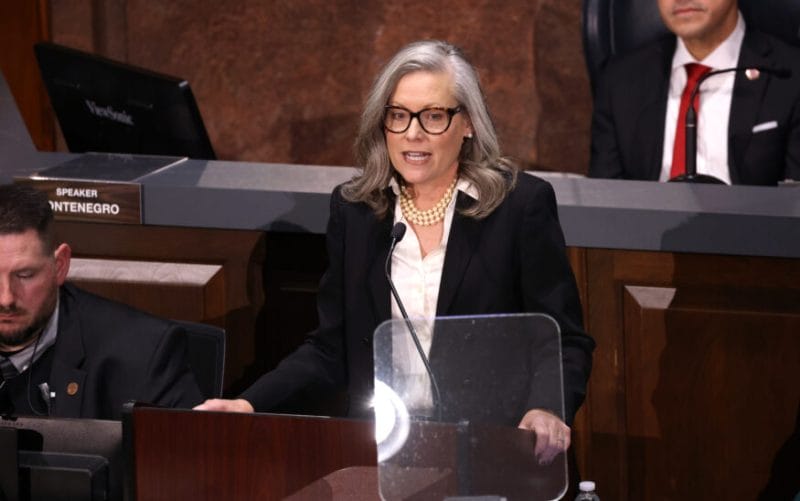By Keith Walther | Rose Law Group Reporter
Another music biopic and another disappointing dud. “Back to Black” charts the meteoric rise to fame of Amy Winehouse from her early career to creating one of the best-selling albums of all time to her untimely death. Poor filmmaking and a bland performance from the lead tarnishes what should have been an interesting dive into the life of this incomparable musician.

Heavily influenced by jazz, Amy Winehouse (Marisa Abela) exhibits a uniquely powerful vocal range that quickly gains attention of the English music scene in the early 2000s. Known for her unabashed and unfiltered honesty, her debut album begins to build her notoriety and fame throughout England. The increased attention exacerbates a growing addiction to alcohol in the young singer that is taken to the next level when she meets Blake (Jack O’Connell).
A passionate yet toxic relationship ensues between the two in which Blake introduces Amy to harder drugs. Despite her growing dependency, Amy releases her sophomore album entitled “Back to Black,” which propels her to super stardom across the world. The exponential increase in fame and constant harassment from paparazzi start to take its toll on Amy, leading her down a path from which she’ll never return.
For a music biopic to succeed, it requires a dynamic, true to life performance from its lead like Val Kilmer and Rami Malek provided in “The Doors” and “Bohemian Rhapsody” respectively. Unfortunately, Marisa Abela was not up to the task. She certainly looks the part, but her lack of experience in a leading role and acting in general rears its ugly head, as she was more concerned with hitting her marks than fully embracing the role. The resulting lack of genuine line delivery makes her performance fall flat. However, Marisa does a good job of mimicking Amy Winehouse’s vocals, allowing her to do most of the singing in the film.

Jack O’Connell, on the other hand, delivers a more natural performance as the troubled love interest who is charismatic yet also manipulative. The English actor wonderfully illustrates how Amy could be so enamored with his character while also showing the destructive force he has on her life. The rest of the supporting cast fails to stand out in any meaningful way.
Without top level acting to carry the film, surely the director will be committed to the storytelling aspect to generate interest and entertainment. Sadly, this is a weakness for Sam Taylor-Johnson, who’s best known for directing one of the worst films of 2015, “Fifty Shades of Grey.” The continuity and flow are a mess, hastily skipping time and details without any explanation, leaving audiences confused. For example, in one scene Amy’s living arrangements seem to include a flatmate that wasn’t previously introduced only to be mysteriously disappeared in subsequent scenes. Sam’s overuse of jump cuts only magnifies the problems, causing a chaotic organization of scenes that are sometimes devoid of purpose.
The director should have had no problem conveying Amy Winehouse’s story, that is both incredibly dramatic and depressingly tragic, in a compelling way. However, she just skims the surface, missing the opportunity to delve into who Amy really was in her brief 27 years of life. Viewers are left with a basic, weak biography of an incredible musician, only touching on the highlights of her career that could just as easily be gleaned from her Wikipedia page. While Sam Taylor-Johnson makes it impossible to achieve an emotional connection to this movie, at least it’s a treat for audiences to hear Amy’s music again.
Film junkies jonesing for their movie fix will leave the theater wondering if a stint in rehab is warranted after seeing “Back to Black.” This is a story that warrants better talent on both sides of the camera. Instead of feeling disappointment from this production, check out the decisively better 2015 documentary “Amy,” which deservedly won the Oscar for Best Documentary, Feature.
This movie earns:









